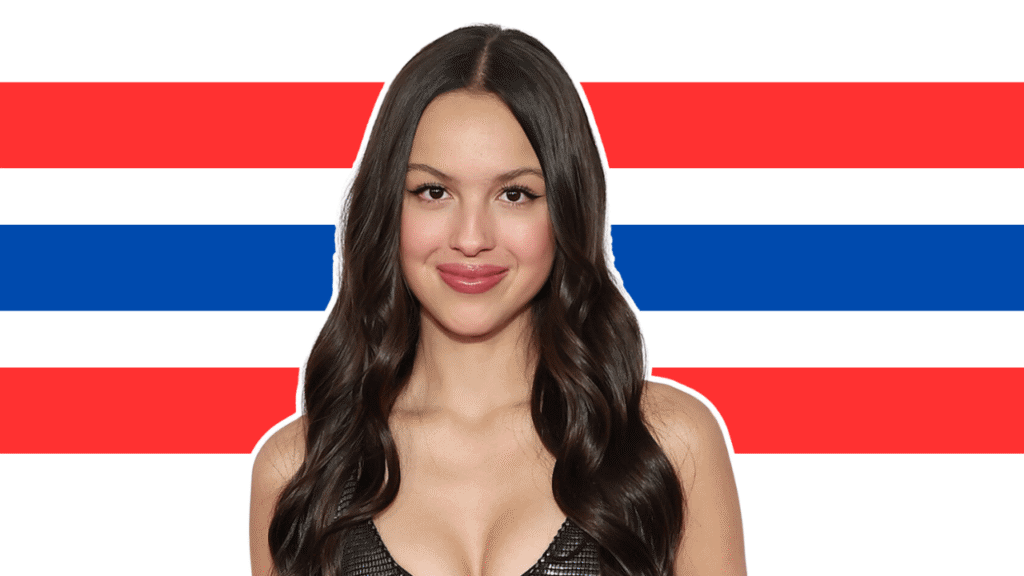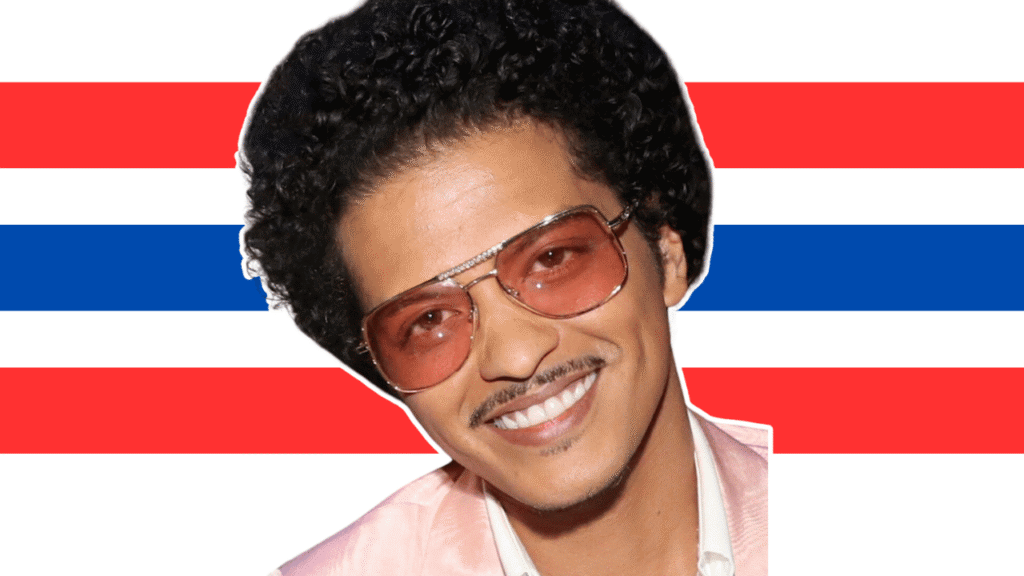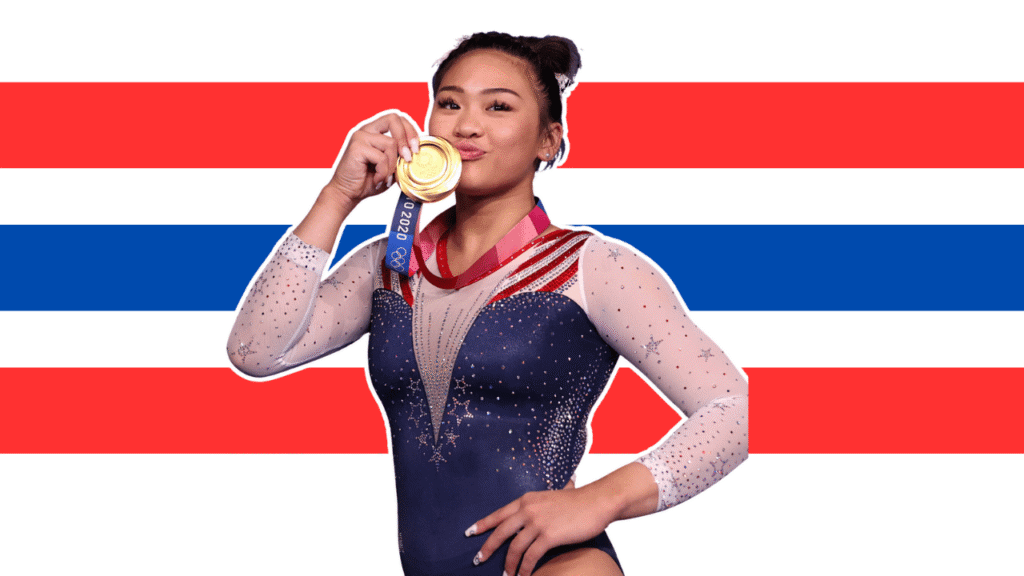
Suni Lee Ethnicity: Suni Lee, a celebrated gymnast who gained international fame at the Tokyo 2020 Olympics, has become a symbol of excellence in sports and a role model for many. Her achievements have not only made headlines due to her remarkable athletic prowess but also because of her unique background and cultural heritage. Suni Lee’s ethnicity, being of Hmong descent, is an integral part of her identity. Her story is one of resilience, cultural pride, and an inspiring rise to the top.
Suni Lee Bio
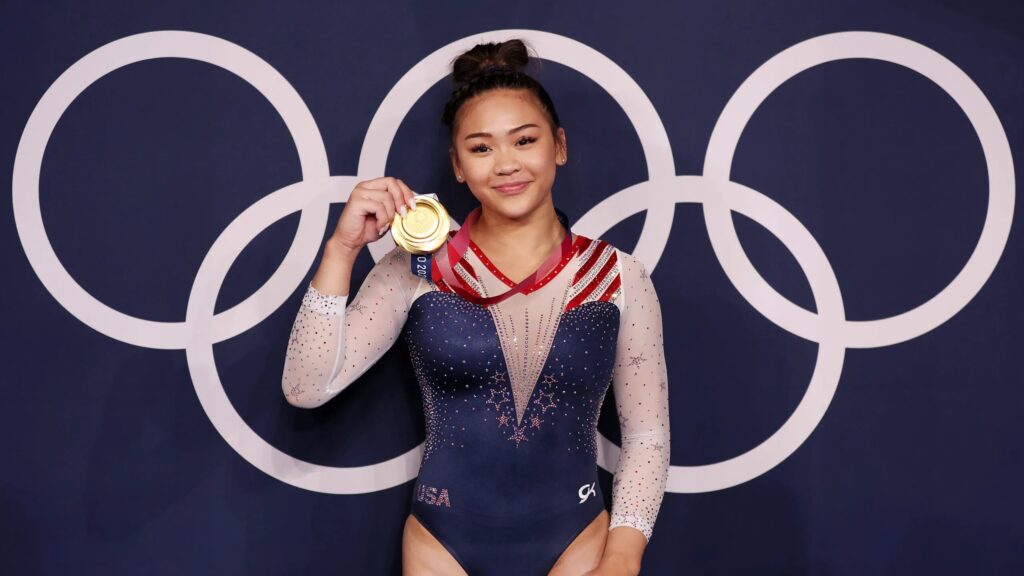
| Attribute | Details |
|---|---|
| Full Name | Sunisa “Suni” Lee |
| Date of Birth | March 9, 2003 |
| Place of Birth | St. Paul, Minnesota, USA |
| Nationality | American |
| Ethnicity | Hmong |
| Sport | Gymnastics |
| Olympic Medals | Gold (2020 Tokyo Olympics) |
| Parents | Kao Lee and Yeev Thoj |
| Siblings | 3 sisters |
Suni Lee Ethnicity is Hmong
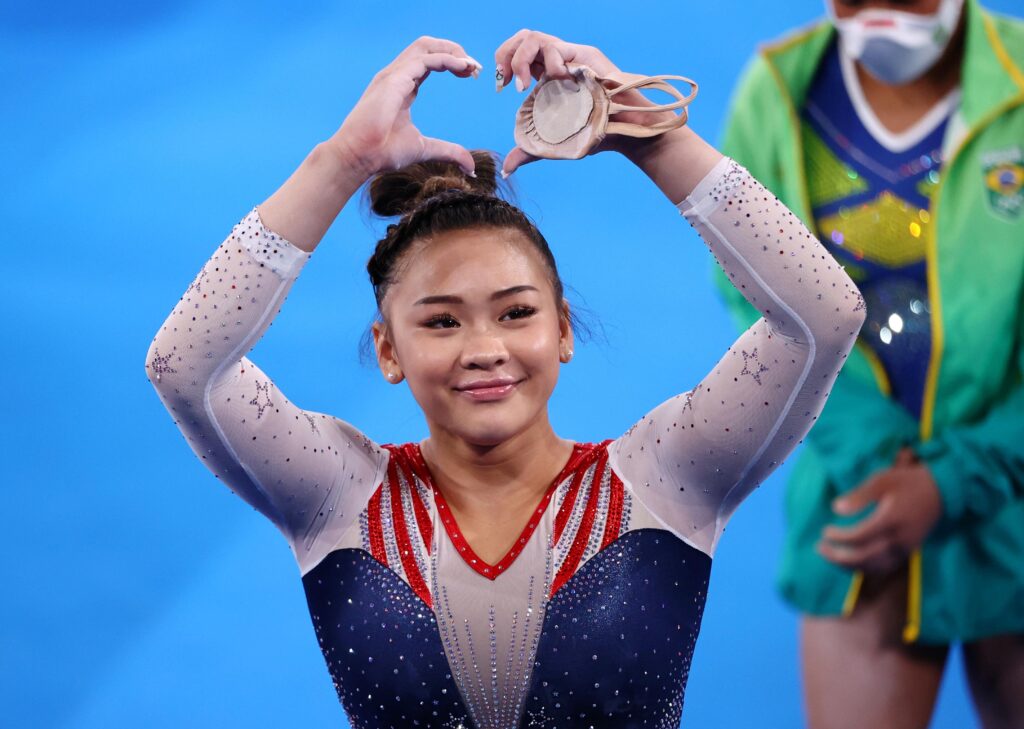
Suni Lee’s ethnicity is Hmong, a Southeast Asian ethnic group originally from regions of Laos, China, Vietnam, and Thailand.
Her family, like many others in the Hmong community, fled Laos during the Vietnam War, seeking refuge in the United States. Born in St. Paul, Minnesota, Suni grew up immersed in her cultural heritage, which played a pivotal role in shaping her values and identity.
The Hmong people are known for their rich traditions, art, and history. Suni Lee’s success in gymnastics has brought a spotlight to this community, which has often been underrepresented in mainstream media.
Her ethnicity is a source of pride not only for herself but also for the entire Hmong community, as her achievements reflect the perseverance and strength that many Hmong families embody.
Family Background of Suni Lee
Suni Lee’s family fled Laos during the Vietnam War and resettled in the United States, where they worked hard to build a new life. Like many Hmong families, they faced numerous challenges, including language barriers and adapting to a new culture.
Despite these obstacles, Suni’s parents instilled in her the importance of hard work, perseverance, and never forgetting her roots. Her father, Kao Lee, played a significant role in her gymnastics career, building a balance beam in their backyard to support her early training.
About Suni Lee Family
| Family Member | Name |
|---|---|
| Father | Kao Lee |
| Mother | Yeev Thoj |
| Siblings | 3 sisters |
Suni Lee comes from a large and close-knit family. Her father, Kao Lee, has been instrumental in her gymnastics journey, even after suffering a severe injury that left him paralyzed. Her mother, Yeev Thoj, has also been a supportive figure throughout her life. Suni has three sisters, and although the names of her siblings are less widely known, they are a vital part of her support system.
Suni Lee Career
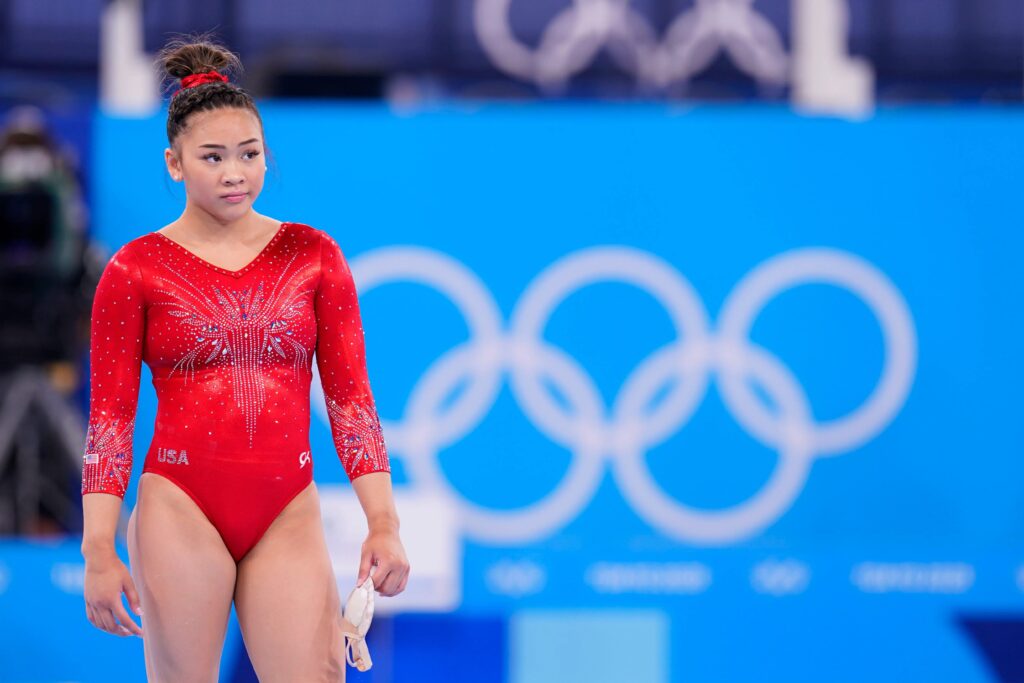
Suni Lee’s gymnastics career began at a very young age. She started practicing gymnastics when she was only six years old, and her dedication to the sport quickly became evident. By the time she was 14, Suni was competing at the national level, capturing attention for her unique skillset and powerful routines.
Suni’s breakout moment came in 2019 when she competed in the U.S. National Gymnastics Championships and won the silver medal in the all-around competition. Her continued success on the international stage solidified her reputation as one of the top gymnasts in the world.
In 2021, Suni achieved a historic victory at the Tokyo Olympics, where she won the gold medal in the women’s all-around gymnastics competition.
In addition to her Olympic gold, Suni has won numerous other medals in both team and individual events. She is currently competing in the NCAA gymnastics circuit, representing Auburn University, where she continues to push boundaries and inspire young gymnasts worldwide.
More Info About Suni Lee
Suni Lee’s journey from a young gymnast in Minnesota to an Olympic champion is a testament to her talent, determination, and cultural pride.
Despite the numerous challenges she faced, including the pressure of performing on the world stage and personal struggles like her father’s accident, Suni never wavered in her pursuit of excellence. Her story is not just one of individual success but also of family sacrifice and community support.
The Hmong community, which has often been underrepresented in mainstream narratives, sees Suni as a beacon of hope and pride.
Her visibility in the predominantly white sport of gymnastics has paved the way for more conversations about diversity and representation in athletics. Suni’s resilience and strength in the face of adversity, including dealing with racism and stereotyping, have made her a powerful voice for inclusivity in sports.
As she continues to compete and inspire future generations, Suni Lee’s legacy will undoubtedly extend far beyond her gold medals, symbolizing the importance of embracing one’s cultural heritage while striving for greatness in any field.

